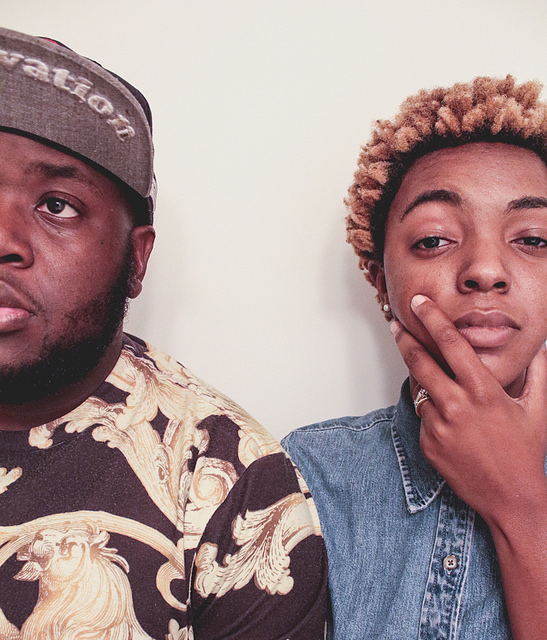
Two years ago, I lost myself in the process of helping someone else.
My kindness toward this person was limitless. But at some point, I forgot about myself and focused solely on their happiness. So when they eventually took advantage of me, I was left extremely disappointed.
I became cynical and almost lost faith in kindness. I questioned whether there was something wrong with being kind or if there should be a limit for our kindness.
After years of drained energy, I put an end to my situation. It was particularly arduous since I was dealing with a narcissist—and they’re infamous for being energy thieves.
A few weeks back, I had a conversation with a friend who’s in the same position I was. I realized I wasn’t alone in my struggle. There are others who hesitate to offer a helping hand because of past hurts.
It made me wonder if kindness is our new dilemma.
“Should I be kind?”
“What if they take advantage of me?”
“Where do I draw the line?”
When I look back at my past situation now, I can discern what went awry. We shouldn’t look at helping others as a misstep—because it isn’t. Our ego may see it as wrong because we don’t like to be hurt or disappointed, but putting our bruised ego aside, being good to each other is a wonderful trait.
The world only becomes a better place if we are good to ourselves and to others.
The notion of kindness is always right. However, the way we approach kindness might be wrong. We get to decide whether someone can take advantage of us or not. Kindness itself is limitless, but we draw the line at offering it.
When we speak of helping others, it’s not just limited to offering materialistic needs or assisting those with a physical illness. We might stay in a destructive relationship because our partner needs us. We might tolerate an abusive friendship for the sake of our friend. We might keep a job because we don’t want to disappoint our boss. We might endure the presence of a negative person so we don’t hurt them by leaving.
Help takes many forms, and since it involves emotional and mental commitment, it can often lead to disappointment.
Not every person we help will take advantage of us. But sadly, not every person out there has the awareness or understanding necessary to not take advantage of others. So it’s our job to decide whether we should help others, and if we do, how far we should go to help them.
If we look closely at our situation, there are feelings that tell us when we’ve gone too far by helping someone. Below are five unmistakable signs:
1. Anger: Sudden outbursts at ourselves and the other person take place when we’ve had enough of the situation.
2. Doubting our self-worth: When someone takes advantage of us, we question whether we’re worthy enough or if something is wrong with us.
3. Not getting something in return: When we give other people too much of ourselves—more than necessary—we feel an imbalance in the art of give and take.
4. Losing ourselves: It appears we’re living solely to satisfy this particular person and forget about ourselves.
5. Emotional discomfort: Kindness should generate good feelings. If we feel uncomfortable and sense there’s something wrong, it may mean we need to step back and evaluate why we’re helping this person.
We must learn to draw the line when offering help is causing us despair or pain. As much as it is necessary to think of others, it’s also crucial to think of ourselves.
If we find ourselves in a situation that’s causing self-doubt or self-sabotage, it’s essential to pull ourselves out of it—even if it means we stop offering help. Because if we love ourselves enough, and are kind toward ourselves first, then we will know how and when to help others.
Moreover, we must pay attention to why we overdo kindness. Are we helping others more than we should because we are natural givers? Or are we doing it because it feeds our ego?
Know the motivation behind your kindness. And remember, kindness always wins. We only have to know how to do it.
Author: Elyane Youssef
Image: Adrian V. Floyd/Flickr
Editor: Nicole Cameron






Read 0 comments and reply